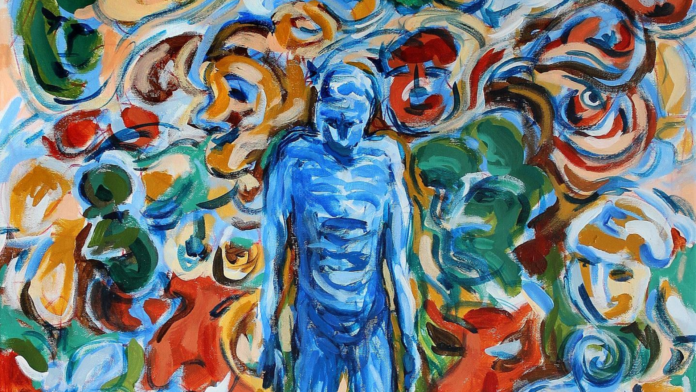For people with psychosis, the first weeks of treatment are crucial. With the help of antipsychotic medication, some see improvements in a matter of weeks. Others are not so lucky. Now, researchers have shown that increasing antioxidant levels in the brain could result in a quicker response to treatment and better long-term outcomes.
During a period of psychosis, a person might see, hear or believe things that aren’t real. This impaired relationship with reality is a symptom of various mental and physical disorders, from schizophrenia to severe depression. While it can be treated with antipsychotic medication, the results are extremely varied.
This is important because patients who respond early to antipsychotic treatment not only feel better sooner, they also do better in the long term. So, a team of researchers started looking at chemicals in the brain to try and help patients get better, faster.
“We wanted to see if we could understand and influence this disparity,” said Dr. Lena Palaniyappan, an associate professor at Western University’s Schulich School of Medicine & Dentistry and scientist at Lawson Health Research Institute.
To understand more, Palaniyappan and his team used MRI scans to examine the antioxidant levels in the brains of 26 newly referred schizophrenia patients. All 26 had recently experienced psychosis, but had little to no treatment history.
The researchers were specifically looking at levels of the antioxidant glutathione in the anterior cingulate cortex, an area of the brain thought to play a major role in generating psychotic episodes.
The study, published in Nature Molecular Psychiatry, found that participants with higher levels of glutathione responded more quickly to their antipsychotic medication. In fact, the team estimates that a 10% increase in antioxidants could reduce hospital stays by at least seven days.
“This study demonstrates that if we can find a way to boost the amount of antioxidants in the brain, we might be able to help patients transition out of hospital more quickly, reduce their suffering more quickly, and help them return earlier to their work and studies,” explained Palaniyappan.
Although antioxidant levels vary person-to-person, the researchers note that people with schizophrenia often have lower levels of glutathione. Often dubbed a ‘master’ antioxidant, glutathione is thought to protect brain cells from damage. This research suggests that even a small deficit could have an impact on treatment response.
The good news is that it’s possible to boost glutathione levels by supplementing with the molecular precursor N-acetyl-cysteine. When offered in conjunction with antipsychotics, this could help improve treatment outcomes.
While positive, it’s worth noting that this is a small study in patients on a variety of antipsychotic medications. However, it’s a step towards understanding why some patients improve rapidly on antipsychotics, and could help others feel better, faster.








































